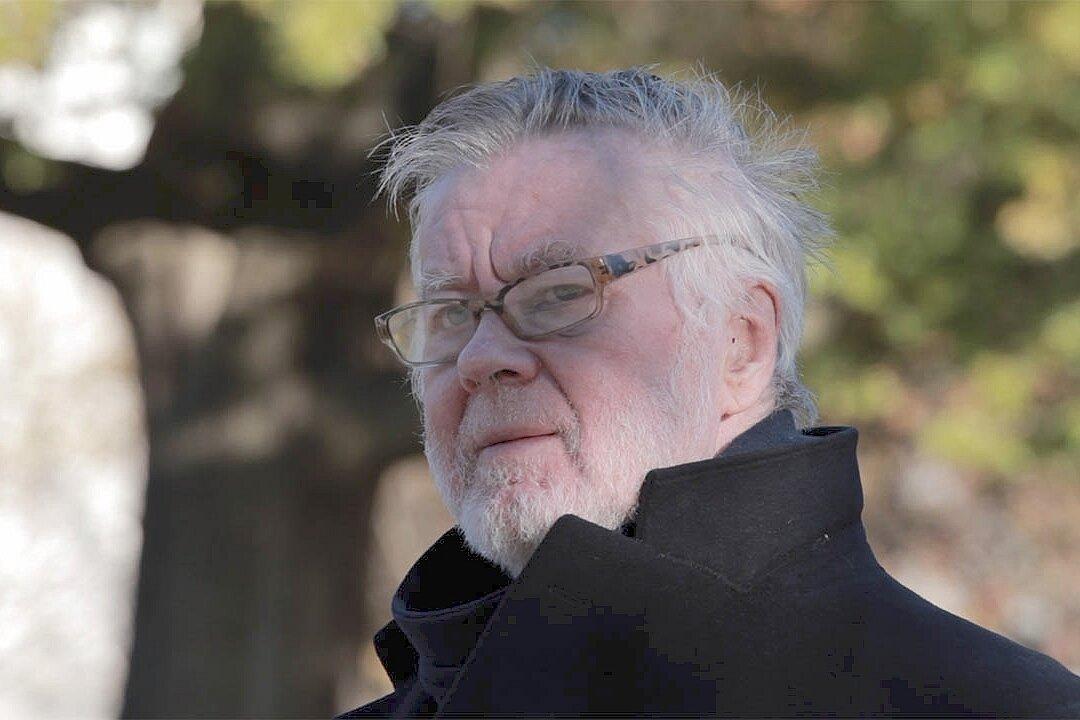Commentary
With the death in February of Tom Bethell (1936–2021), the refuseniks of what Orwell called the “smelly little orthodoxies contending for our souls” have lost an eloquent and redoubtable champion.

With the death in February of Tom Bethell (1936–2021), the refuseniks of what Orwell called the “smelly little orthodoxies contending for our souls” have lost an eloquent and redoubtable champion.